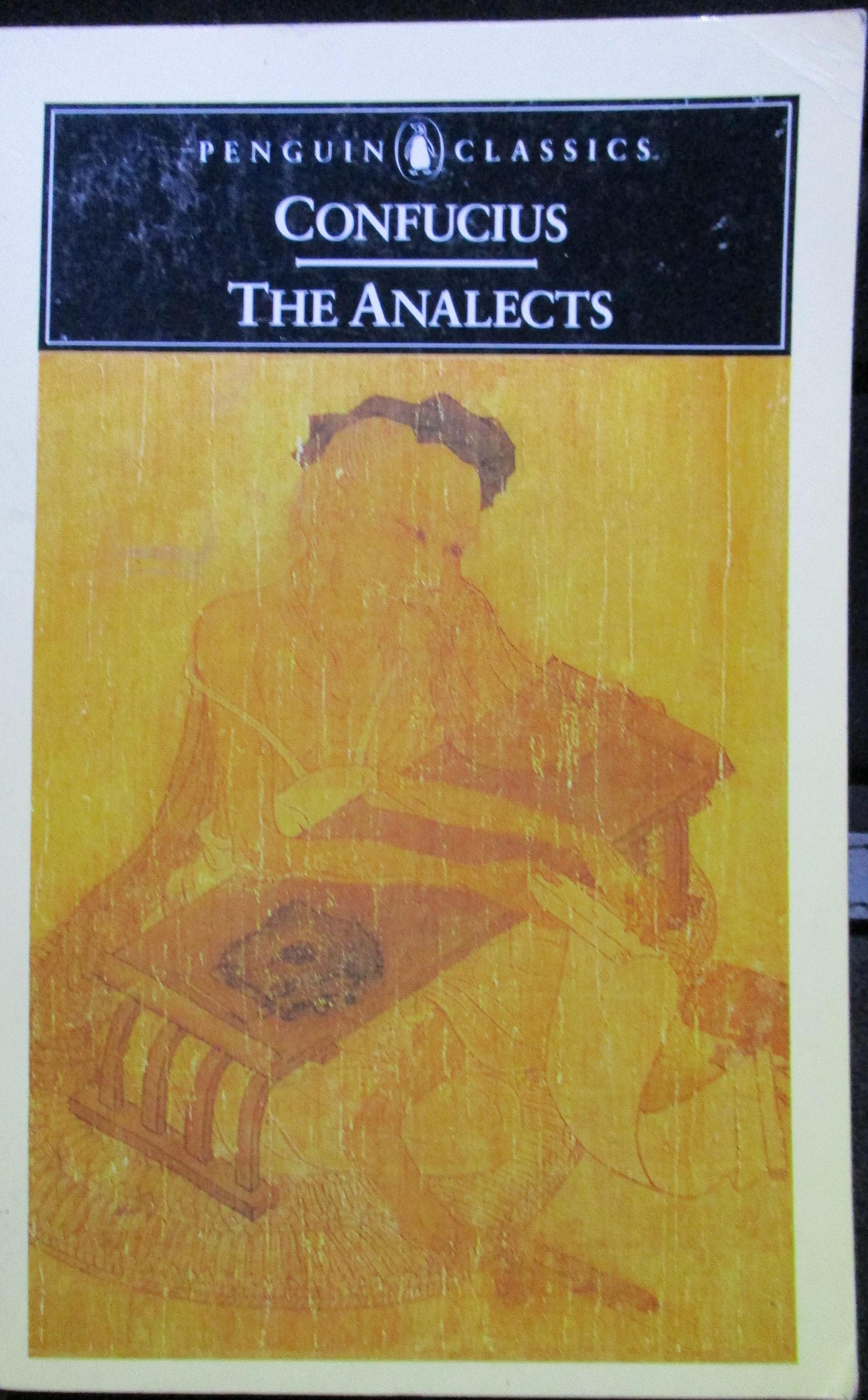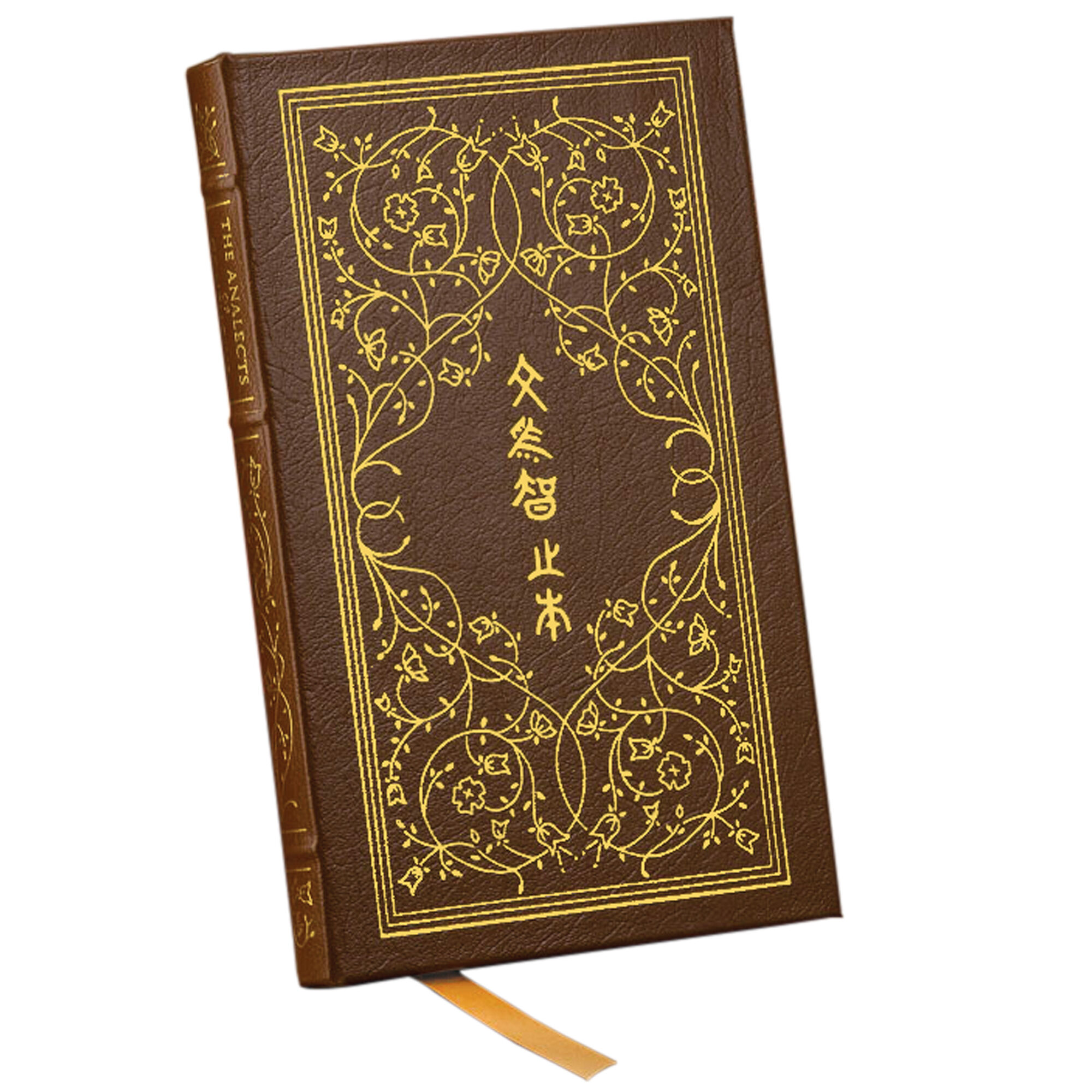
The single most influential philosophical work in all of Chinese history, The Analects of Confucius has shaped the thought and customs of China and neighboring countries for centuries. He also discusses ancestor worship and other rites performed for the spirits of the dead. Confucius's teachings focus on cultural and peaceful pursuits and the characteristics of benevolent and culturally distinguished government. Filled with humor and sarcasm, it reads like a casual conversation between teacher and student, emphasizing the role of the individual in the attainment of knowledge and the value of using historical events and people to illuminate moral and political concepts. Reflecting the model eras of Chinese antiquity, the Analects offers valuable insights into successful governance and the ideal organization of society. Readers trust the series to provide authoritative texts enhanced by introductions and notes by distinguished scholars and contemporary authors, as well as up-to-date translations by award-winning translators.Compiled by disciples of Confucius in the centuries following his death in 479 B.C.E., The Analects of Confucius is a collection of aphorisms and historical anecdotes embodying the basic values of the Confucian tradition: learning, morality, ritual decorum, and filial piety.



With more than 1,700 titles, Penguin Classics represents a global bookshelf of the best works throughout history and across genres and disciplines. This edition contains a detailed introduction exploring the concepts of the original work, a bibliography and glossary and appendices on Confucius himself, The Analects and the disciples who compiled them.įor more than seventy years, Penguin has been the leading publisher of classic literature in the English-speaking world. And, while following the Way, or the truth, might not result in immediate or material gain, Confucius showed that it could nevertheless bring its own powerful and lasting spiritual rewards.

Upholding the ideals of wisdom, self-knowledge, courage and love of one’s fellow man, he argued that the pursuit of virtue should be every individual’s supreme goal. Together they express a philosophy, or a moral code, by which Confucius, one of the most humane thinkers of all time, believed everyone should live. The Analects are a collection of Confucius’s sayings brought together by his pupils shortly after his death in 497 BC. ‘The Master said, “If a man sets his heart on benevolence, he will be free from evil”’


 0 kommentar(er)
0 kommentar(er)
